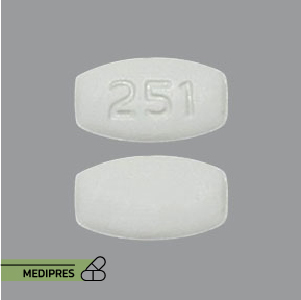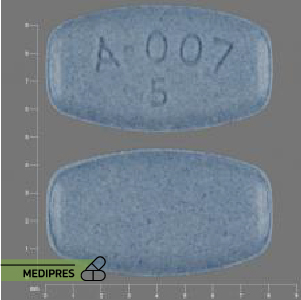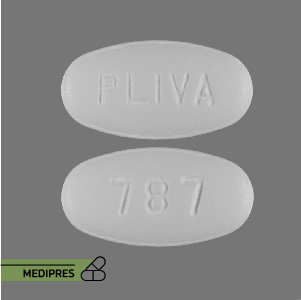
Anastrozole
23 June, 2023
Aspirin
23 June, 2023Aripiprazole
Generic name: aripiprazole (oral) [ AR-i-PIP-ra-zole ]
Brand name: Abilify
Drug class: Atypical antipsychotic
Dosage form: Tablet, Orally Disintegrating Tablet, Solution for injection, Extended-Release Injectable Suspension
Route of administration: Oral, Intramuscular
Available Dose:
- Tablets: 2 mg, 5 mg, 10 mg, 15 mg, 20 mg, 30 mg
- Orally Disintegrating Tablets: 10 mg, 15 mg, 20 mg, 30 mg
- Solution for injection: 9.75 mg/1.3 mL
- Extended-Release Injectable Suspension: 300 mg, 400 mg per vial
Mechanism of action: Aripiprazole acts by balancing dopamine and serotonin levels in the brain, which can improve thinking, mood, and behavior.
Drug usage cases: Aripiprazole is used to treat the symptoms of psychotic conditions such as schizophrenia and bipolar I disorder (manic depression). It can also be used with other medications to treat major depressive disorder in adults and irritability associated with autistic disorder in children.
Drug contra indications: Contraindicated in patients known to be hypersensitive to it or who have had allergic reactions to other antipsychotics. Caution should be used in patients with a history of seizures, cardiovascular disease, or conditions predisposing them to hypotension.
Side effects: Common side effects include anxiety, blurred vision, constipation, dizziness, and headache. Serious side effects can include increased risk of death in elderly people with dementia-related psychosis, suicidal thoughts in young adults, and severe nervous system reactions.
Warnings: There is a warning for older adults with dementia-related conditions due to the increased risk of death. Aripiprazole can also lead to metabolic changes, tardive dyskinesia, and neuroleptic malignant syndrome.
Use during pregnancy or breastfeeding: It should only be used in pregnancy if the potential benefits outweigh the potential risks to the fetus. Caution is advised when aripiprazole is administered to breastfeeding women.
Aripiprazole is distinctive in its mechanism of action compared to other antipsychotics, acting as a partial agonist at dopamine D2 and serotonin 5-HT1A receptors, and an antagonist at 5-HT2A receptors. This profile can result in fewer side effects such as less sedation, weight gain, and reduced risk of extrapyramidal symptoms.



